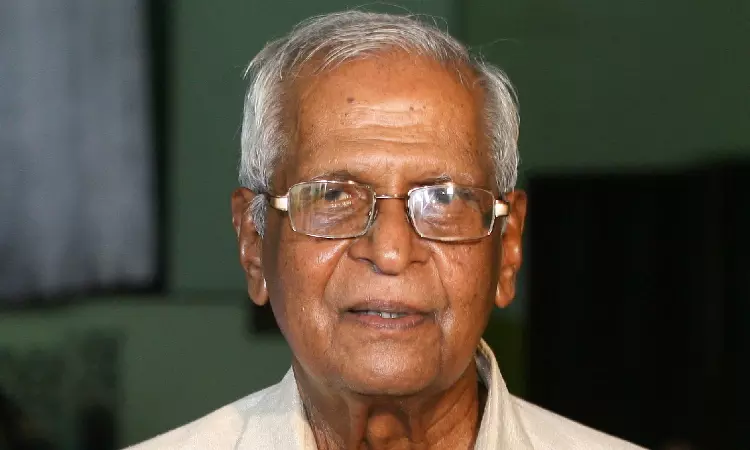The Kerala High while dismissing the appeals filed by daughters of M. M. Lawrence against the decision of Single Judge allowing the donation of CPI(M) Veteran to Ernakulam Government Medical College observed that it is “preferable that quietus be reached in this case”. The Division Bench comprising of Chief Justice Nitin Jamdar and Justice S. Manu observed in the order that they consider...

